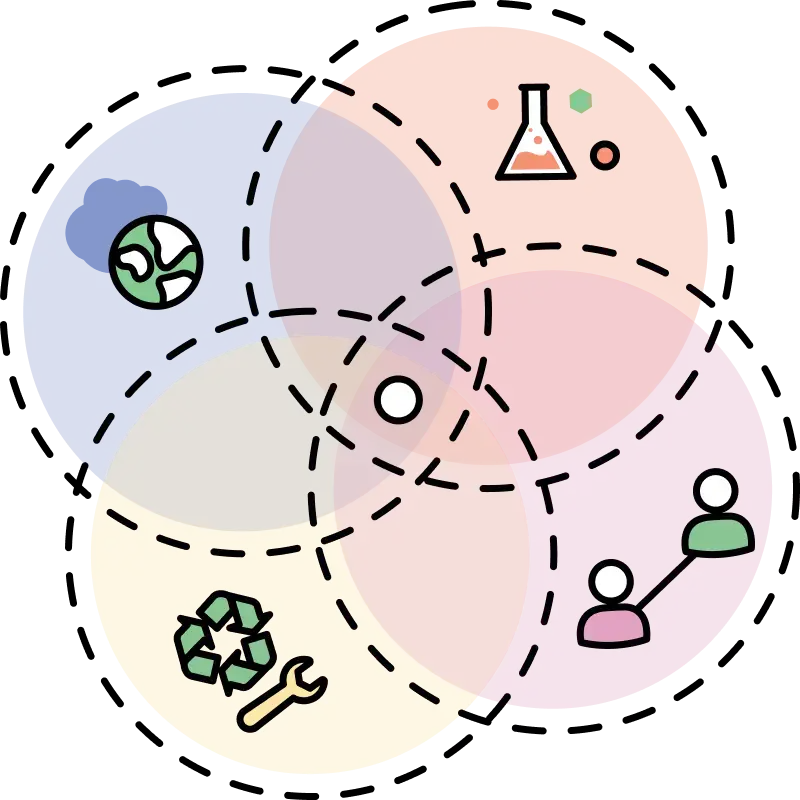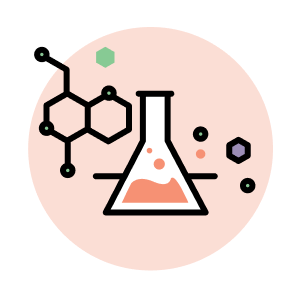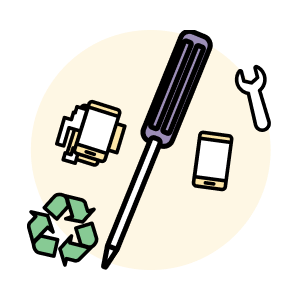Comprehensive environmental and social criteria with direct impact
Criteria in TCO Certified drive social and environmental responsibility in four key areas: climate, substances, circularity and supply chain. Our science-based criteria are continuously developed in line with our detailed and ambitious Roadmap for Sustainable IT. All criteria are mandatory and compliance is always independently verified.




























Complete criteria documents
General
Currently, imaging equipment, projectors, servers, network equipment and data storage products are approved for use with the General criteria document.


